Issue mandatory data sharing procedures
The Digital Transformation Law Project defines digital management and operation as the default, while paper-based management is an exception. The State is responsible for ensuring that all citizens, regardless of age, gender, education level or geographical location, have the opportunity to access and use online public services. Service design is oriented towards people's "life events" and business life cycles, helping to reduce procedures, save time, costs, etc.

However, according to a survey by the National Digital Transformation Agency in a number of localities, the biggest difficulty at present is ensuring connection and data sharing between agencies. Many specialized databases have not yet been connected and exploited at the provincial level; specialized systems often have problems, lose connection with the local administrative procedure settlement system, or are not synchronized with the National Public Service Portal. As a result, people and businesses have to provide the same information many times when performing administrative procedures; electronic records still require manual paperwork, reducing the effectiveness of the digital transformation process and the goal of an electronic one-stop shop.
Commenting on the Draft Law on Digital Transformation, delegate Hoang Duc Thang (Quang Tri) suggested that the draft Law needs to be more specific to end the lack of data connectivity. The delegate suggested studying the addition of a separate chapter or section on data connection and sharing in digital transformation activities of state agencies. In the immediate future, it is possible to include in the Digital Government or Digital Infrastructure chapter, clearly stipulating: Agencies in the political system must connect and interconnect national databases and specialized databases according to a unified architecture; ministries and branches building information systems must ensure the ability to integrate with a shared platform; localities are responsible for completing the connection of their databases with the higher-level system.
In addition, the Law requires the Government to issue a detailed Decree on the mandatory data sharing process between agencies, ensuring that citizens do not have to provide any procedures that require data that the State already has. "Such regulations will solve interconnectivity bottlenecks, creating a foundation for truly seamless one-stop digital services," said delegate Hoang Duc Thang.
Sharing the same view, delegate Tran Quoc Quan (Tay Ninh) emphasized that currently each locality is developing its own process for receiving administrative procedure documents based on the common procedures of ministries and branches, leading to inadequacies when receiving documents without administrative boundaries. Delegate Quan cited an example: documents for changing land use purposes from Dong Thap are received in Tay Ninh according to Tay Ninh's process, but when transferred back to Dong Thap, they cannot be implemented. "Therefore, clearly defining a governing unit to develop a common set of principles will help the online public service system to be unified and synchronized nationwide, making work at the grassroots level easier," delegate Tran Quoc Quan emphasized.
Ensuring conditions for digital transformation, narrowing the digital gap
Another issue that many delegates are interested in is the inclusiveness of digital transformation, to ensure that all people have the opportunity to access and benefit from digital services, especially in remote, mountainous, island and disadvantaged areas. Delegate Hoang Duc Thang (Quang Tri) said that currently, many areas have unstable internet infrastructure and limited use of technology devices. Especially for poor households, the cost of buying smartphones or data packages is still a burden for the family. As a result, a part of the rural and mountainous people are "left behind" when the government deploys online public services.
Based on that reality, delegate Hoang Duc Thang suggested that the draft Law supplement regulations on ensuring conditions for inclusive digital transformation, including: The State prioritizes investment in broadband Internet coverage to all villages and hamlets, along with policies to support equipment and packages for poor and near-poor households, policy beneficiaries, combined with programs to popularize digital skills for the elderly, farmers, and ethnic minorities. At the same time, regulations on public service portals and government applications must be accessible, comply with standards for people with disabilities, support multiple languages, and be suitable for low-configuration devices and weak networks. In particular, legalizing the commitment to universal digital transformation will help narrow the digital gap between urban and rural areas, ensuring social equity in the digital age.
Regarding regulations on support for people with disabilities and people in disadvantaged areas. Delegate Thai Thi An Chung (Nghe An) noted that the draft Law has regulations on support for people with disabilities and children, but there are no separate provisions for the elderly - the group most affected by the digital divide. Many elderly people have difficulty performing digital administrative procedures such as registering for VNeID, receiving pensions through bank accounts or implementing social security policies online. Therefore, delegate Thai Thi An Chung proposed adding separate provisions regulating the responsibilities of state agencies in supporting the elderly, while maintaining traditional transaction channels in parallel with online forms.
According to the program of the 10th Session, the draft Law on Digital Transformation will be considered and approved by the National Assembly on December 11, 2025.
Source: https://daibieunhandan.vn/du-an-luat-chuyen-doi-so-khong-de-ai-bi-bo-lai-phia-sau-trong-tien-trinh-so-hoa-10395054.html


![[Photo] Prime Minister Pham Minh Chinh attends the Patriotic Emulation Congress of the Ministry of Foreign Affairs for the 2025-2030 period](https://vphoto.vietnam.vn/thumb/1200x675/vietnam/resource/IMAGE/2025/11/10/1762762603245_dsc-1428-jpg.webp)


![[Photo] Prime Minister Pham Minh Chinh attends the annual Vietnam Business Forum](https://vphoto.vietnam.vn/thumb/1200x675/vietnam/resource/IMAGE/2025/11/10/1762780307172_dsc-1710-jpg.webp)


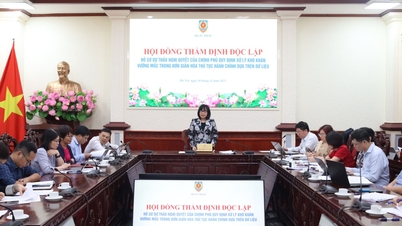






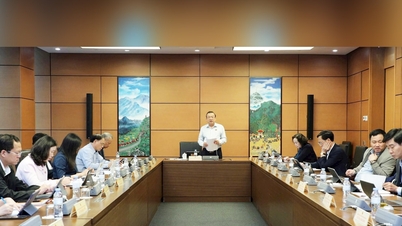
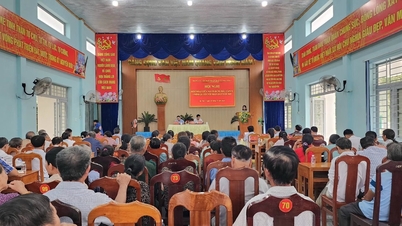

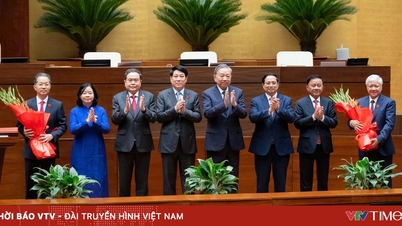
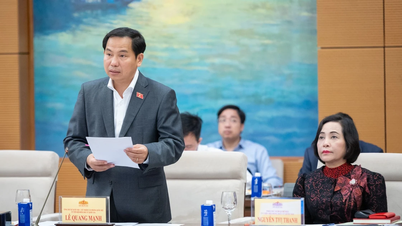

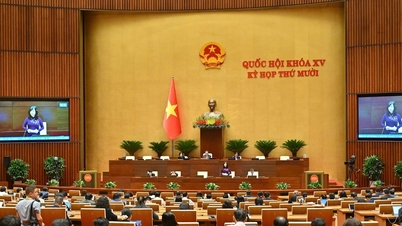

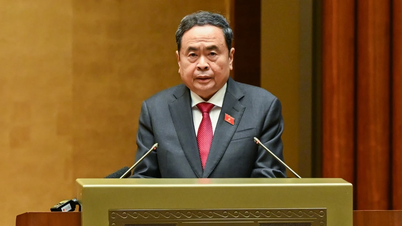








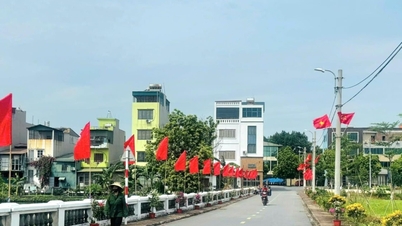
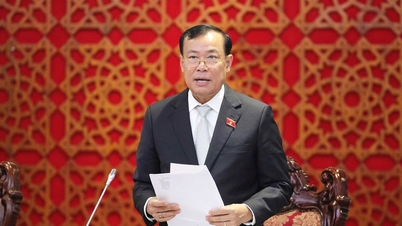








































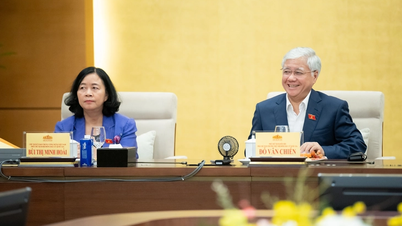






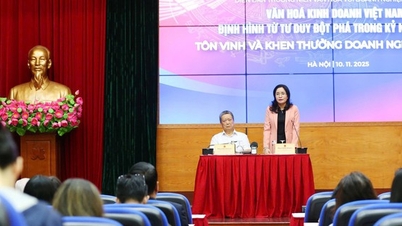






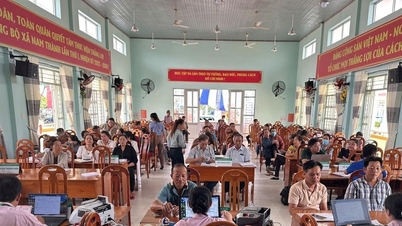


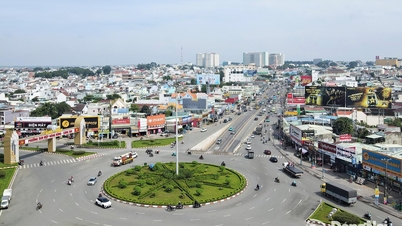



![Dong Nai OCOP transition: [Article 3] Linking tourism with OCOP product consumption](https://vphoto.vietnam.vn/thumb/402x226/vietnam/resource/IMAGE/2025/11/10/1762739199309_1324-2740-7_n-162543_981.jpeg)











Comment (0)